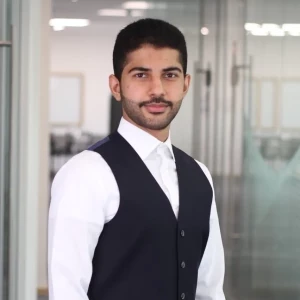Hi folks,
I was cleared to final round for McKinsey interview, through practice with Prep folks, I came to the understanding that cases could be "drastically" different in final round, and even could be candidate-led case. Can you please probably share with me information on whether this understanding is accurate, and how can I be more targeted on my prep?
Thanks.













